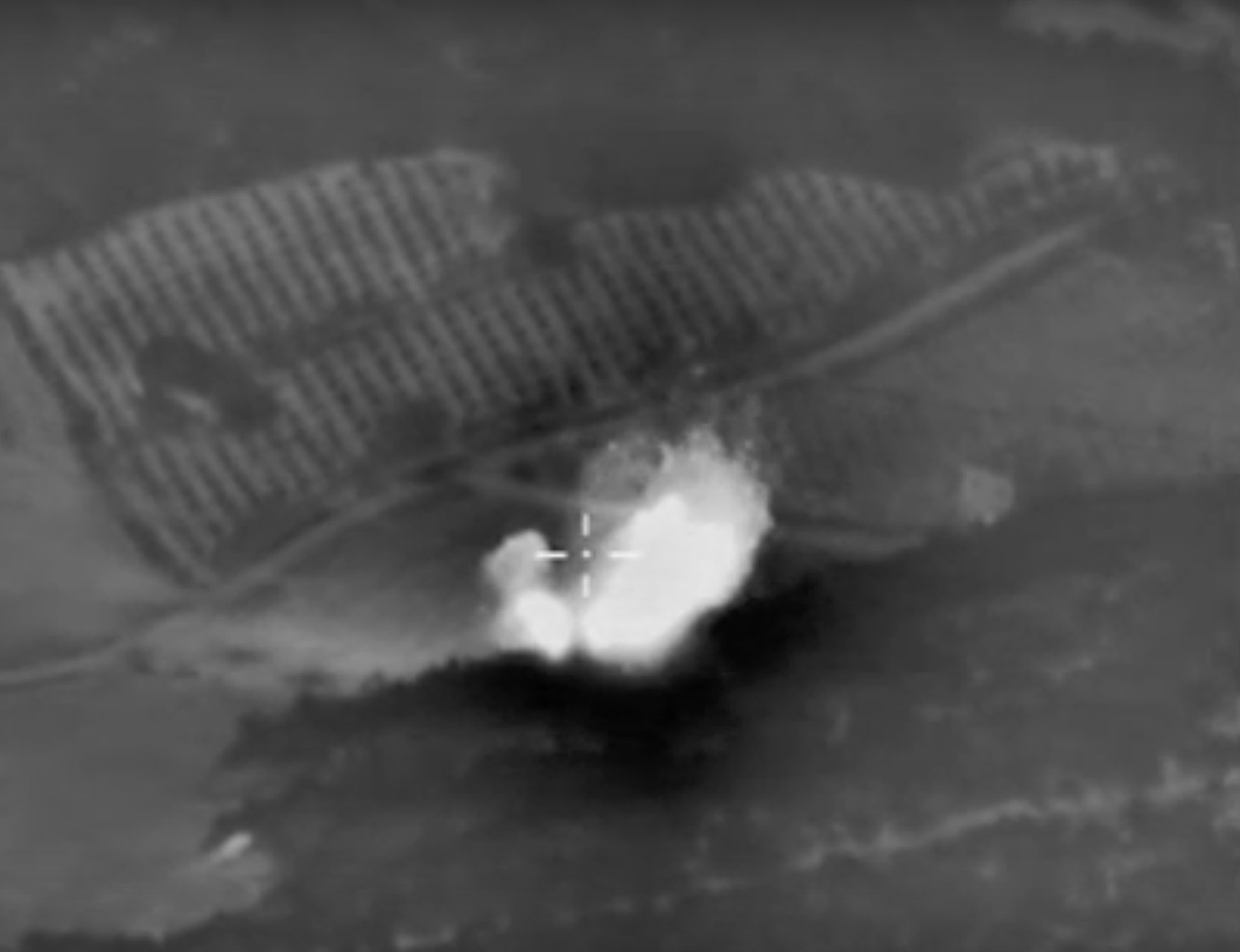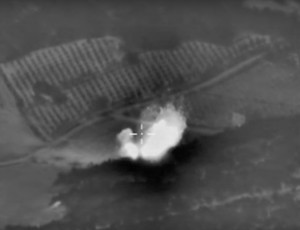
By Michael Williams | Student Columnist

The United States and Russia are not on the best of terms, but the growing threat of ISIS might force them to work together.
Since the Arab Spring of 2011 many Middle Eastern countries have been in turmoil, often leading to numerous violent Islamic groups who took advantage of the power vacuum. The most notorious group so far is the Islamic State of Iraq and the Levant, also known as ISIS.
ISIS has existed since 1999 but has only really been in the news since early 2014 when the Islamic militant group started participating in the Syrian Civil War. The Syrian Civil War is between President Basheer Al-Assad and various rebel groups and has been going on since 2011. ISIS is infamous for their brutal methods like live streaming beheadings over the Internet and enforcing sharia law in territories controlled by them.
As the Civil War in Syria dragged on, the U.S. felt they should intervene and began bombing ISIS and supplying weapons to rebels fighting against Assad and ISIS. Even though the bombings have killed 10,000 ISIS militants according to The Daily Signal, it is almost counterintuitive because many of the weapons sent to the rebels are ending up in the hands of ISIS.
In support of Assad, Russia began bombing ISIS last month, claiming not to be bombing the U.S. backed rebel groups. However, the United States and Russia have been not been getting along over the situation in Syria. Russia does not trust the United States’ motives or tactics. In turn, the United States believes that Russia is just supporting its ally, Assad, and claims that they are bombing not only ISIS but moderate rebel groups backed by the U.S.
No matter who is right, we need to put aside our differences and work together to defeat ISIS. Even though Assad is far from a moral person, he is still less dangerous than the Islamic state. Ideally a moderate rebel group will rise to power in Syria, and institute a stable democracy. However, we do not live in an ideal world and none of the U.S. backed rebel groups appear poised to take power if Assad is defeated.
Some people may be against this because letting Russia support Assad would not be democratic since he is a dictator. However, the United States’ foreign policy has been about self-interest first, then democracy second, and right now our best interest in the Middle East is defeating ISIS. If our foreign policy was truly about democracy, we wouldn’t support Saudi Arabia or overthrow successful democracies (such as in Iran in 1953) to put in puppets.
We have seen the situation in the Middle East many times over whether it be in Iraq, Afghanistan or Libya, and it is happening before our eyes again in Syria. Supporting the opposition forces has led to an Islamic takeover of the country and greater hostility toward America. The last time the United States funded Islamic militant groups against the Russian military was in the Soviet Afghan war of 1979. Although it ended in the Soviet defeat, it provided weapons to terrorists that would be used to take over the country, institute sharia law and eventually be used against U.S. forces.
It is not unthinkable that the U.S. and Russia can work together to defeat a common enemy. They did so to defeat Nazi Germany in World War II. The United States and Russia are not so different; they are both nationalistic, primarily Christian superpowers that want what is best for their countries. So, they should do what is best and put away their differences to defeat the menace of ISIS.




